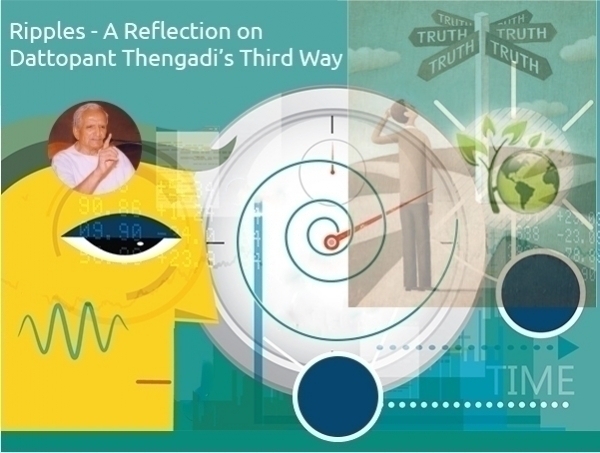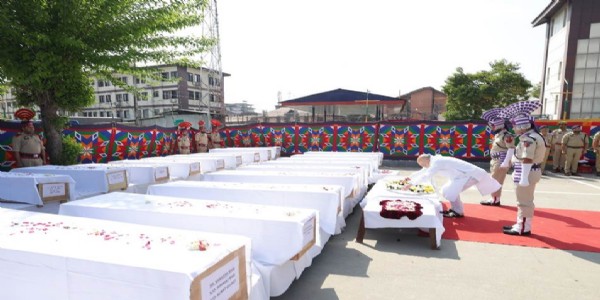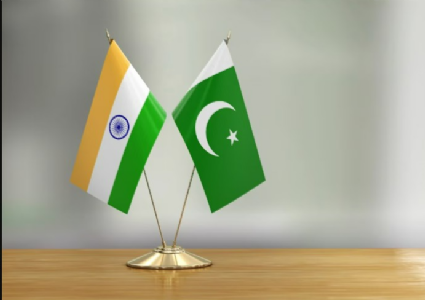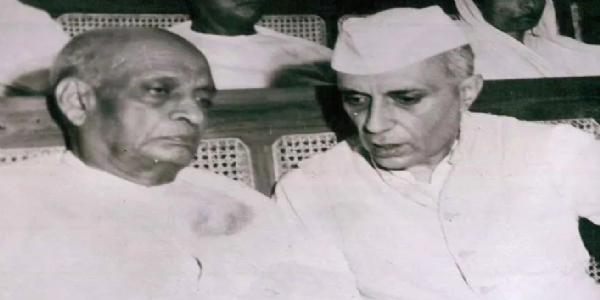Ripples A Reflection On Dattopant Thengadi's Third Way Part 57: On Revolution IV
It has been observed, writes Dattopant, that there has been wide gap between the promises made and the actual gain by the violent revolutionaries.
Total Views | 72
I have been reflecting in my own way on Dattopant Thengadi Ji's Third Way. I present these small "ripples" that it has caused in my mind in a series. I am glad it has found its resonance in many thinking minds alike. I hope the readers have read the earlier article in the series before moving ahead.

(On Revolution- The paper submitted at a meeting of the National Executive of Bharatiya Majdoor Sangh in 1976)
Dandi March by Gandhi ji for salt Satyagraha is an illustrious example of constant personal contact and dialogue where the leaders too could learn about the people , could understand their problems and could develop a feeling of oneness. Confidence in the ultimate victory is essential for the success. At the same time the struggle has to reach a point when inherent contradictions of the regime are apparent. Gradually all the social and political factors ( Dattopant almost covered all such factors) reach a point where they mature with time. The rulers have to depend on the bureaucratic machinary as the regime looses the support of cadre base. ' inherent weakness' develops under the pressure. Till this point the people have to patiently wait.
Non-violent movements too need international support. Even during the freedom struggle and during the period of emergency efforts were made to reach the international platforms. Even in 1857 was awareness of the importance of this aspect can be seen. It is noted that Nanasaheb Peshwa sent letters to Napoleon ( third) and sent his emissary to Great Britain and some other countries, notes Dattopant.
Obviously the establishment doesn't wish to have publicity abroad. It has to maintain the impression of solidity and assurance to the world about the safety of investment to avoid drying of the revenue.
When the foreign rulers belong to imperialist country, to win the support of people is somewhat workable. All the activists attempt at influencing the world though their ways are not same always. Mass media is used or sometimes the violent means are relied upon. All these efforts are for the moral support mainly. The world history is replete with such examples.
It has been observed, writes Dattopant, that there has been wide gap between the promises made and the actual gain by the violent revolutionaries. The revolution eats up it's children,is one of the observations, the movement turns into totalitarianism post- revolution. This was the impression of Soviet intellectuals, academicians which was conveyed in a letter to the leadership of bureaucracy.
Ronald Segal opined ,' since the revolution (1917- Soviet Russia) , liberty, equality, fraternity,the cardinal values of socialism are a mockery and rebuke'.
Milovan Djilas ( a communist, a Yugoslav,a political prisoner for 9 years in his country,his theory of new class was used extensively by anti-communist commentators of the western world) in his book 'The New Class - An analysis of the communist system '(1957) states that society after the communist revolution 'is torn by the same sort of contradictions as are other societies'. It has failed to develop socialist values. Not only this the rise of 'New Class' (which is a social phenomena),is it's' privileged party bureaucracy'. This can be observed everywhere after the revolution.








